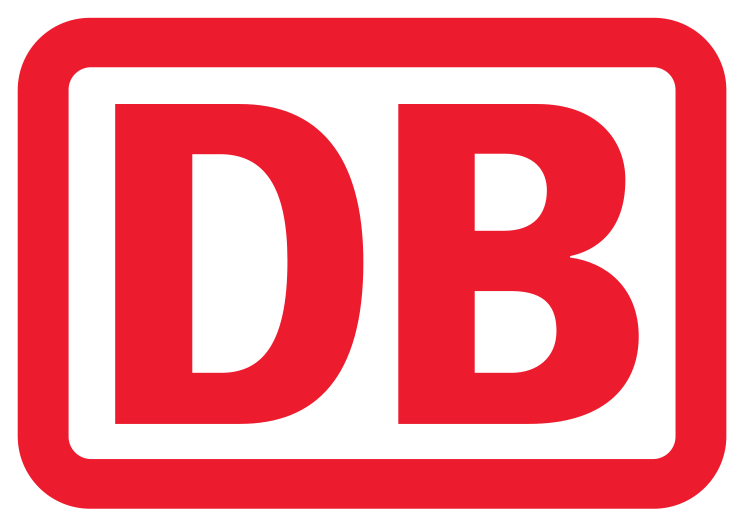International HR Management
Competitive advantage through professional HR work across borders

Introduction to the topic
Why do German companies need to internationalize their organization?
What organizational and cultural challenges does such internationalization pose for the company?
What does a roadmap look like to adequately meet these challenges step by step?
Expectation survey and getting to know all attendees
- Challenges and strategies of internationalization.
- Management of the foreign locations.
- Internationalization of all core HR tasks.
- Expatriate management (expats).
- Leadership development in an international context.
- Intercultural competence & communication.
Contents
Strategy
- Globalization & Internationalization.
- Challenges and strategies of internationalization.
- The dilemma of global standardization and local adaptation.
- Strategies of international personnel management approaches (EPRG model).
Instruments
- Recruiting & Employer Branding.
- Onboarding.
- Performance Management.
- Talent Management.
- Leadership Development.
- Assignment management.
- Assignments - reasons, core objectives and types.
- Expat selection phase.
- Preparation phase & reasons for rejection.
- Implementation phase & culture shock.
- Remuneration & taxes.
- Return phase.
Intercultural competence
- Concept of culture.
- Culture as an orientation system.
- Integrative process model.
- Learning levels of intercultural competence.
- Tips for acquiring intercultural knowledge.
- Intercultural communication.
- Communication models.
- Multilingualism.
- Misunderstandings/stereotypes/bias.
- Non-verbal communication (3Cs ).
- Tips for intercultural communication.
Learning environment
In your online learning environment, you will find useful information, downloads and extra services for this training course once you have registered.
Your benefit
This training provides an overview of the most important challenges in the core processes of international HR management:
- Learn how the international orientation of the corporate strategy can be actively supported.
- Learn which instruments can be used to develop and implement the internationalization of the HR function in the company.
- Recognize the need to internationalize the corporate culture and receive recommendations for implementation.
- Use checklists, tips and proven experience to avoid mistakes.
- Benefit from an exciting exchange of experiences with other attendees and receive valuable input from the: trainer .
Methods
trainers, case/best-practice examples, exercises, discussion, exchange of experience, work aids, checklists.
Recommended for
HR manager, HR business partners, HR managers, HR developers, managing directors and management representatives. This training is aimed at all HR managers in a formative and leading role who are responsible for the development of international HR management in an expanding company.
Introduction to the topic
Why do German companies need to internationalize their organization?
What organizational and cultural challenges does such internationalization pose for the company?
What does a roadmap look like to adequately meet these challenges step by step?
Expectation survey and getting to know all attendees
- Challenges and strategies of internationalization.
- Management of the foreign locations.
- Internationalization of all core HR tasks.
- Expatriate management (expats).
- Leadership development in an international context.
- Intercultural competence & communication.
Contents
Strategy
- Globalization & Internationalization.
- Challenges and strategies of internationalization.
- The dilemma of global standardization and local adaptation.
- Strategies of international personnel management approaches (EPRG model).
Instruments
- Recruiting & Employer Branding.
- Onboarding.
- Performance Management.
- Talent Management.
- Leadership Development.
- Assignment management.
- Assignments - reasons, core objectives and types.
- Expat selection phase.
- Preparation phase & reasons for rejection.
- Implementation phase & culture shock.
- Remuneration & taxes.
- Return phase.
Intercultural competence
- Concept of culture.
- Culture as an orientation system.
- Integrative process model.
- Learning levels of intercultural competence.
- Tips for acquiring intercultural knowledge.
- Intercultural communication.
- Communication models.
- Multilingualism.
- Misunderstandings/stereotypes/bias.
- Non-verbal communication (3Cs ).
- Tips for intercultural communication.
Learning environment
In your online learning environment, you will find useful information, downloads and extra services for this training course once you have registered.
Your benefit
This training provides an overview of the most important challenges in the core processes of international HR management:
- Learn how the international orientation of the corporate strategy can be actively supported.
- Learn which instruments can be used to develop and implement the internationalization of the HR function in the company.
- Recognize the need to internationalize the corporate culture and receive recommendations for implementation.
- Use checklists, tips and proven experience to avoid mistakes.
- Benefit from an exciting exchange of experiences with other attendees and receive valuable input from the: trainer .
Methods
trainers, case/best-practice examples, exercises, discussion, exchange of experience, work aids, checklists.
Tool
Recommended for
HR manager, HR business partners, HR managers, HR developers, managing directors and management representatives. This training is aimed at all HR managers in a formative and leading role who are responsible for the development of international HR management in an expanding company.
30154
33704
Start dates and details




Brief definition of International Human Resource Management
International human resource management (HRM) encompasses the comprehensive field of human resources management with a focus on internationally active organizations, their teams and individual employees abroad. In addition to administrative activities, such as applicant management, it also includes strategic aspects (recruiting new, suitable employees, personnel planning in international companies, personnel development).
International human resource management is considerably more time-consuming than HR work in one's own country because different foreign company locations are often associated with increased administrative work.
Your training for effective international HR Management
National HRM processes are not easily transferable to international HR Management . HR managers of internationally operating companies need know-how regarding country-specific characteristics (such as guidelines, cultural and legal aspects). In this traininghow to develop a holistic HR Management that enables successful cross-border cooperation.
 4.5
4.5







